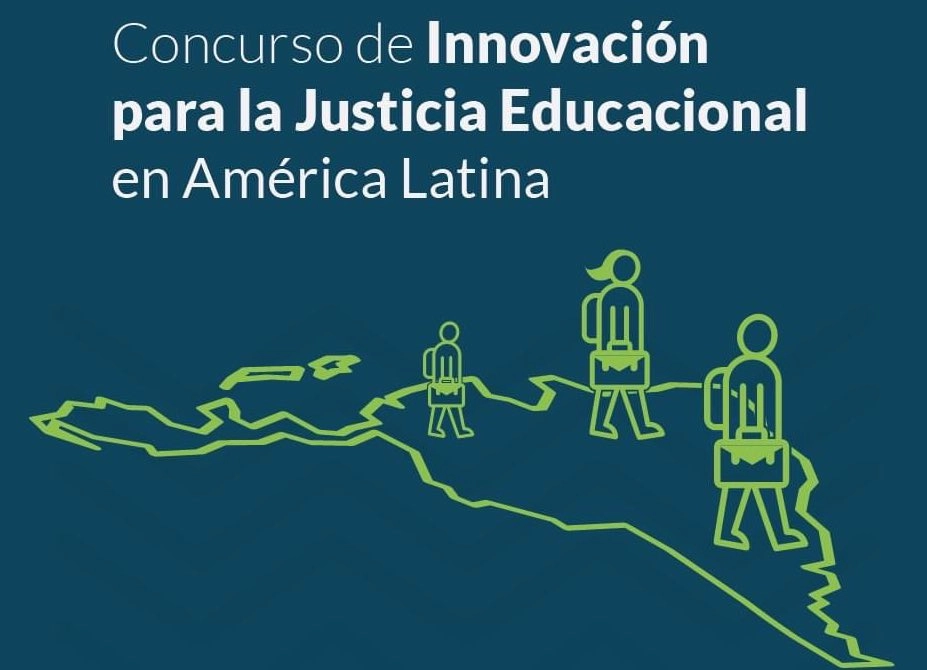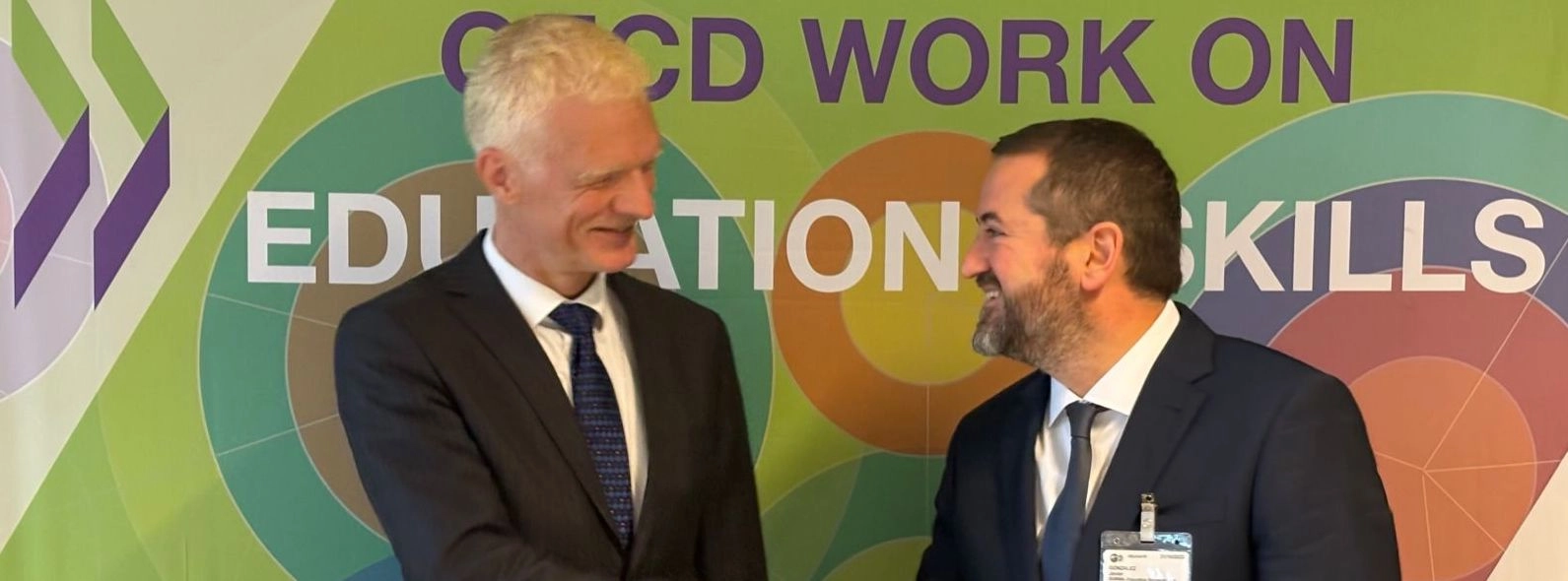Educational Justice Innovation Contest: what the winning initiatives from Chile, Mexico and Peru have to propose
17 de November de 2020

Share
SUMMA announced the winning projects of the Innovation Contest for Educational Justice in Latin America, created through a strategic alliance with the Inter-American Development Bank (IDB). Of the 78 institutions from 11 countries that presented their initiatives, three were the winners in the category of promising innovations.
The winners were: Proyecto Cometa, from Asociación Sembrando Juntos, Peru; TaRL remedial courses in rural contexts, from the Centro de Investigaciones y Estudios Superiores en Antropología Social (CIESAS), Mexico; and Cambiando la Metáfora: uso del juego crítico, from the Pontificia Universidad Católica de Chile.
The first winning innovation, Proyecto Cometa, consists of a training and support program for pre-school teachers (3-5 years old) of public schools located in Pachacutec, one of the poorest neighborhoods in Peru. According to Verónica del Carpio Ortiz, Social Director of the Sembrando Juntos Association, the Reggio Emilia methodology is used to design a series of strategies that include personalized pedagogical support, video internships and spaces for collaboration between members of the same school team.
Proyecto Cometa began in 2019 and through the training of 12 teachers impacted 4 public educational institutions and 360 children. It indirectly benefited 36 early education professionals, including afternoon shift teachers and assistants, who participated in training workshops and meetings. Thanks to SUMMA’s support, by 2021, the project plans to directly train a total of 12 pre-school teachers and through them a total of 360 children and their families, who today more than ever are a key element in continuing distance education.
The second winning innovation TaRL remedial courses in rural contexts is led by the Centro de Investigaciones y Estudios Superiores en Antropología Social (CIESAS). From a social justice perspective, this innovation aims to address the backwardness of basic learning in language and mathematics in children and adolescents in rural contexts in southeastern Mexico. Through the principles of CAMAL (Combined Activities for Maximized Learning) and the TARL (Teaching at the Right Level) methodology, we seek to validate a sustainable model for scaling up remedial courses aimed at reducing the backwardness of elementary school students from 3rd to 6th grade in highly marginalized municipalities in the state of Veracruz.
According to Dr. Felipe José Hevia de la Jara, Professor-Researcher CIESAS Gulf Unit, the innovation will be applied in the state of Veracruz and focuses on the system with the greatest social, economic and educational backwardness in Mexico. To date, this innovation has worked in 33 localities in 9 municipalities of the State of Veracruz and has served more than 12,760 children, reaching more than 100 teachers. Thanks to SUMMA’s support, we seek to reach out to 80 teachers from rural and multi-grade schools, and 800 students from 3rd to 6th grade of elementary school in rural and multi-grade schools (between 8 and 13 years old approximately).
The third winning innovation, Changing the Metaphor: use of critical play. from the Pontificia Universidad Católica de Chile, aims to change beliefs about poverty and engage teachers in promoting social justice. The innovation consists of a course for public school teachers in the region, based on critical play, which consists of the adaptation of the Lego® Serious Play® methodology in which they will create, share, reflect and restructure metaphors about the vulnerable school throughout 7 group work sessions. At the end of the course, they will design and apply an activity to transfer the experience to their colleagues, in order to impact their entire school. In addition, the experience will be accompanied by a group of final year student teachers who will also be preparing to scale the strategy in the future, when they enter the work field.
This innovation is focused on the training of teachers in public schools with high vulnerability indexes in the commune of Villarrica and its surroundings, La Araucanía Region, Chile. To date, several teacher educators have changed their beliefs after reflecting on the LSP strategy and we believe that they will impact their student teachers in training institutions throughout the country,” said Viviana Gómez Nocetti, the academic responsible for presenting the project. Thanks to the support of SUMMA, by 2021 this innovation seeks to impact a total of 20 teachers in 3 public schools in Villarrica.
The three winning promising innovations will receive the amount of $10,000 USD for their implementation along with technical support by SUMMA professionals.
The Award Panel was composed of leading experts, academics and referents of the educational world: Soledad Bos, Senior Specialist in the Education Division of the Inter-American Development Bank (IDB); Sabrina Seltzer, Director of Open Innovation and EdTech Entrepreneurship; Emiliana Vegas, Co-Director of the Center for Universal Education at Brookings; Florencio Ceballos, from the Center for International Development Research (CIDI); Lúcia Gomez Viera Dell’angelo, from the Innovation Center for Brazilian Education (CIEB); Javier González, Director of SUMMA and Rafael Carrasco, Deputy Director of SUMMA.
In the Consolidated Innovations category, the winners were Kit Literacy+. (Colombia) and Comunidades de Aprendizaje. (Argentina). These innovations were pre-selected to be submitted by SUMMA to the Global Trials Fund led by the Education Endowment Foundation (EEF), and during December it will be known if these innovations will get the support of the global fund for a rigorous impact evaluation.
For SUMMA, this first innovation contest has been a very valuable opportunity to identify and promote those solutions that seem to be responding to the main challenges and problems faced by education systems in the region, through a model of experimentation, development and evaluation of effective educational innovations.





















































































































